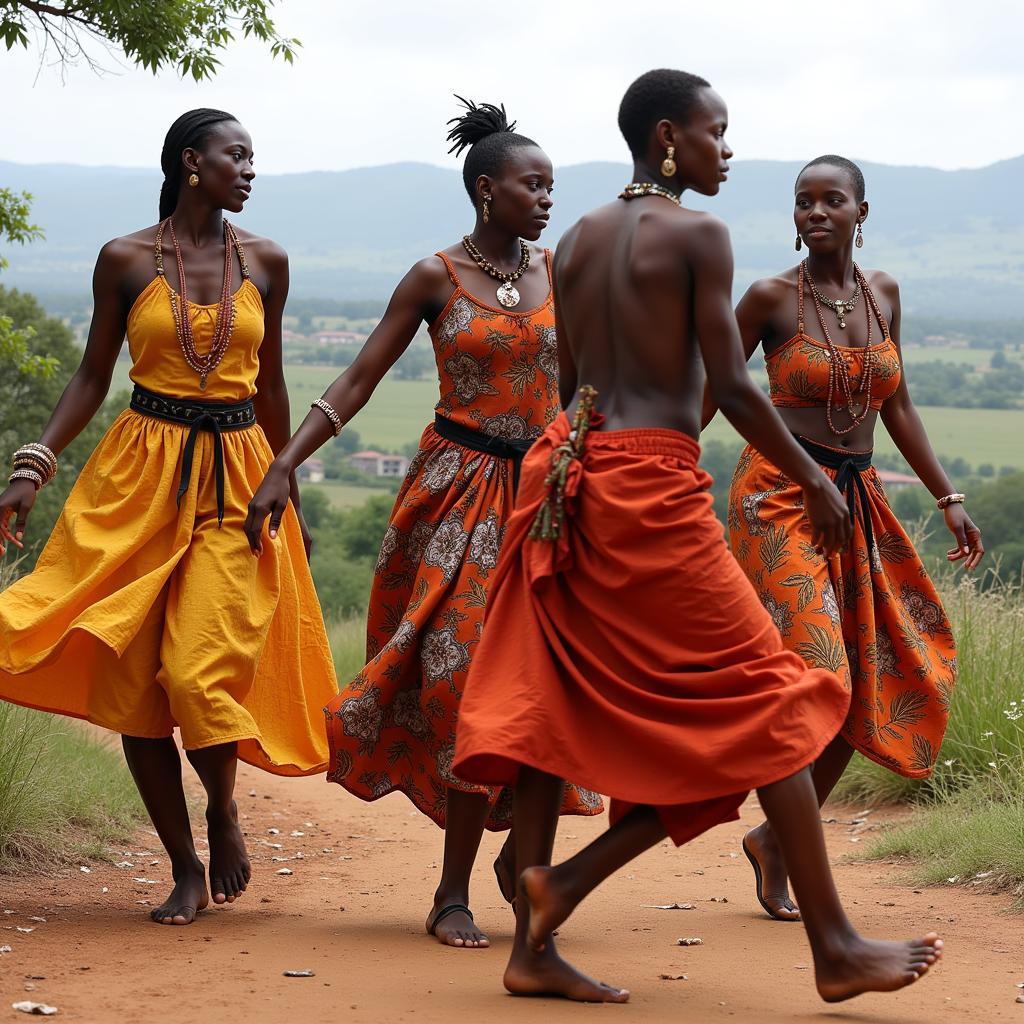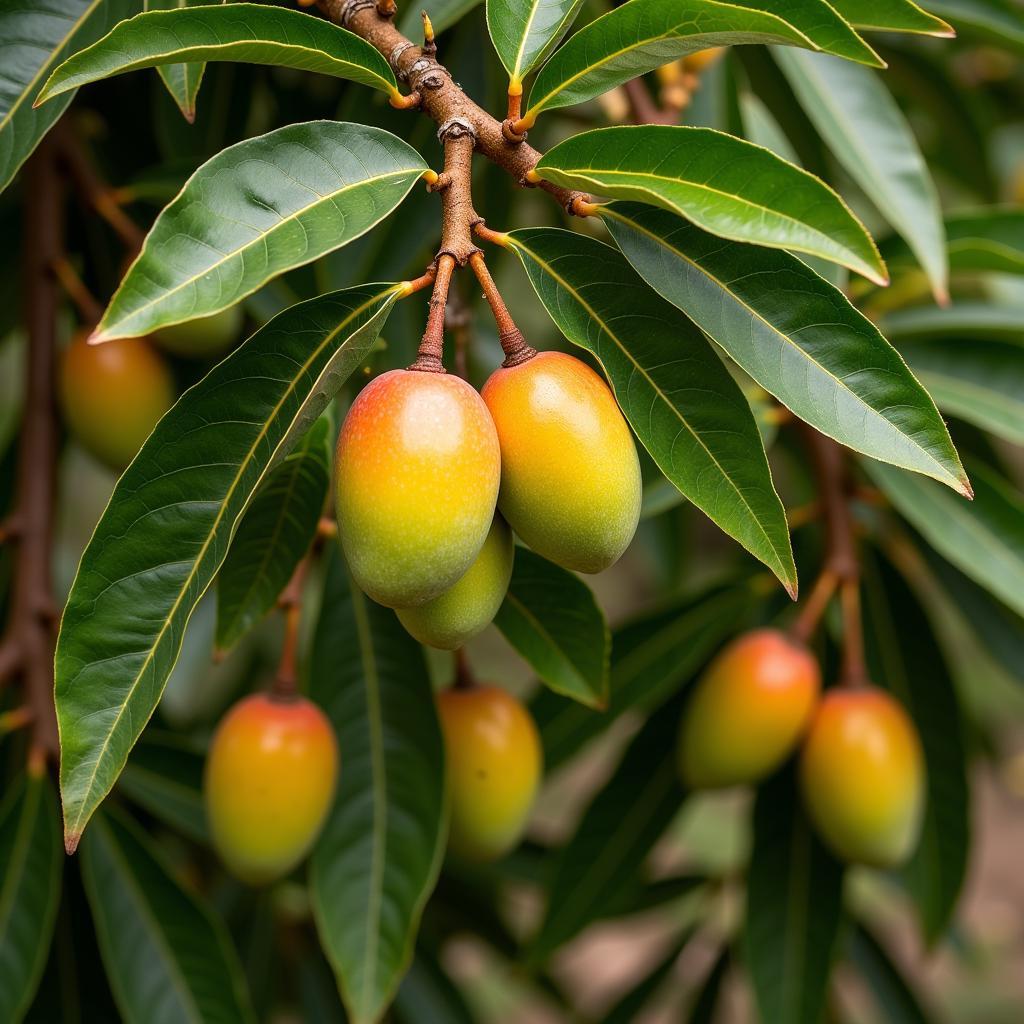African Hunting Dog Success Rate: Masters of the Hunt
African hunting dogs, also known as painted wolves, boast an astonishing hunting success rate. This fascinating statistic is a testament to their incredible teamwork and strategic hunting techniques. We’ll delve into the factors contributing to their remarkable success rate in this article.
Understanding the African Hunting Dog’s Remarkable Success
The African hunting dog’s success rate can be as high as 80%, significantly higher than that of other large predators like lions (around 30%). Several key factors contribute to this success. Their cooperative hunting style is paramount, involving coordinated chases that tire out their prey. The dogs’ endurance allows them to maintain pursuit over long distances, wearing down even the most resilient animals. Their communication, a complex system of vocalizations and body language, allows for seamless coordination during the hunt.
What contributes to this extraordinary success rate? Their highly specialized diet focuses on medium-sized ungulates. This specialization allows them to hone their hunting strategies to perfection. Their social structure also plays a vital role. Living in packs led by a dominant alpha pair, they exhibit exceptional teamwork and discipline.
Factors Influencing Hunting Success
Several factors can influence an individual hunt’s success or failure. Prey availability plays a significant role, as does the terrain. Open grasslands favor the dogs’ chase-and-exhaust strategy, while dense vegetation can hinder their pursuit. The presence of other predators, such as lions or hyenas, can also disrupt a hunt and lead to kleptoparasitism, where the other predators steal the kill. The age and health of the pack members can also influence their effectiveness.
african hunting stories provide a captivating glimpse into the intricacies of these predators’ hunting strategies. These stories, passed down through generations, underscore the importance of the painted wolves in the African ecosystem.
Decoding the Hunt: Strategies and Tactics
African hunting dogs employ a unique chase-and-exhaust strategy. They pursue their prey relentlessly, taking turns at the front of the chase to maintain a high speed. This tactic quickly tires out the targeted animal, making it vulnerable to the pack’s attack. The dogs’ slender build and long legs are perfectly adapted for this style of hunting.
The Role of Communication in a Successful Hunt
Communication is crucial to their success. A complex system of vocalizations, including whistles, chirps, and chattering sounds, allows the dogs to coordinate their movements and relay information during the hunt. Their distinctive mottled coat also plays a role, providing camouflage in the dappled light of the savanna.
african wild dog habitat provides insights into the environment that has shaped these extraordinary hunters. Understanding their habitat is essential to appreciating their adaptations and hunting prowess.
Why is the African Hunting Dog’s Success Rate Important?
The African hunting dog’s high success rate is vital for maintaining the balance of the ecosystem. By controlling prey populations, they prevent overgrazing and ensure the health of the savanna grasslands. This balance is essential for the survival of other herbivores and the overall biodiversity of the region.
african brown dog offers a look at the potential variations in coat color within the species. While the typical pattern is mottled, variations exist and are a testament to the genetic diversity within the population.
Conservation Concerns
Despite their hunting prowess, African hunting dogs face significant threats, including habitat loss, human conflict, and disease. These threats have led to a decline in their numbers, making conservation efforts crucial for their survival. Understanding their hunting success helps researchers and conservationists develop strategies to protect these fascinating creatures and the vital role they play in the ecosystem.
african hound basenji discusses another fascinating African canine breed. While vastly different in lifestyle and hunting strategies, the Basenji offers a unique comparison to the wild painted wolf.
Conclusion
The African hunting dog’s extraordinary hunting success rate is a result of their highly evolved social structure, specialized hunting strategies, and remarkable communication skills. This success is crucial for their survival and the health of the African ecosystem. Conserving these magnificent predators is paramount to maintaining the delicate balance of nature.
african hunting dog cross explores the complexities of potential hybridization. This research is vital for understanding the genetic integrity of the species and its long-term survival.
FAQ
- What is the average success rate of African hunting dogs? (Around 80%)
- What is their primary hunting strategy? (Chase and exhaust)
- How do they communicate during a hunt? (Vocalizations and body language)
- Why is their high success rate important? (Ecosystem balance)
- What are the main threats to African hunting dogs? (Habitat loss, human conflict, and disease)
- What do African hunting dogs primarily eat? (Medium-sized ungulates)
- How does their social structure contribute to hunting success? (Cooperative hunting in packs)
When you need assistance, please contact Phone Number: +255768904061, Email: kaka.mag@gmail.com Or visit: Mbarali DC Mawindi, Kangaga, Tanzania. We have a 24/7 customer service team.

